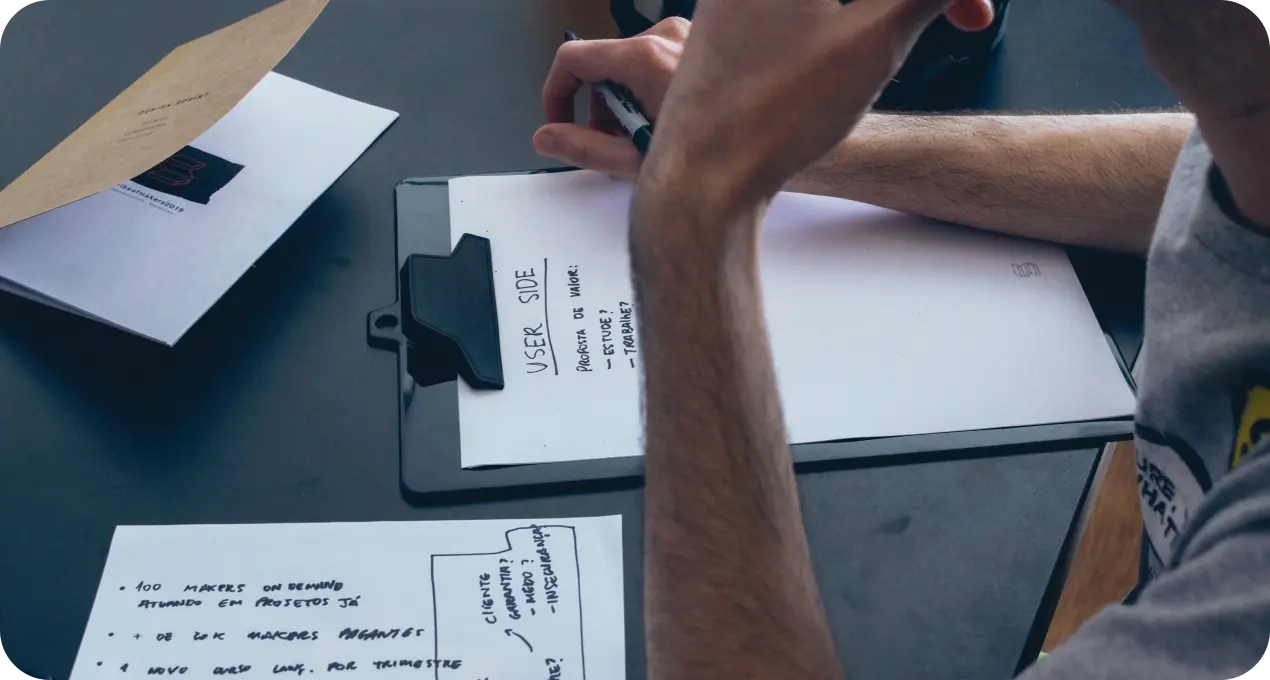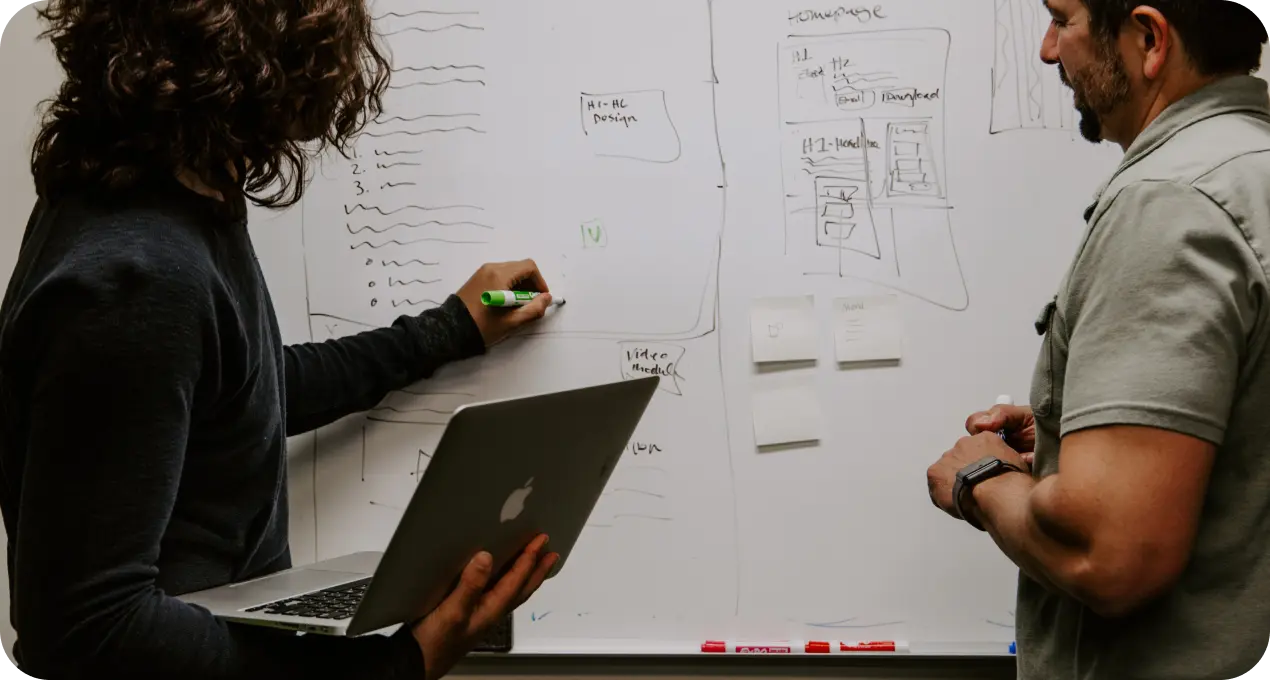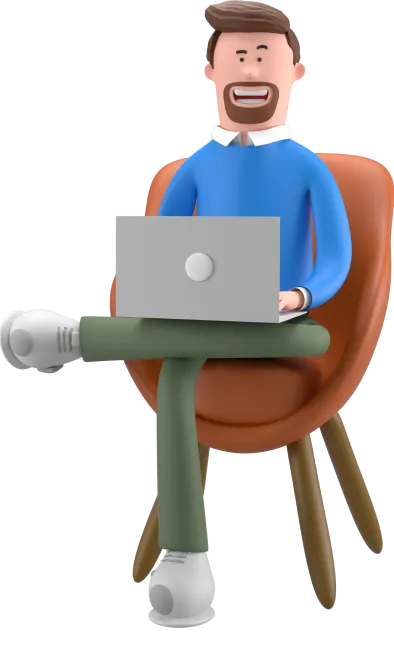Examining the Data- Identifying Patterns
Once you have collected the feedback the next step is to understand it.
- Transcribe and Categorise- Transform your conversations into written form. Classify the feedback into themes such, as 'Issues with Usability' 'Requests for New Features or 'General Feedback'.
- Identify Commonalities- Look for recurring patterns in the feedback gathered from interviews as they often highlight opportunities or challenges.
- Take Action on Feedback- Determine insights. Prioritize them for your product roadmap.
Real life Impact- User Interviews in Action
Lets look at a hypothetical scenario.
A founder named Jane is developing a gardening software platform.
Although her research indicated that users were interested in purchasing plants through her platform, her user interviews revealed a crucial perspective.
Users expressed an interest, in receiving guidance on plant care, which was not initially emphasized on her platform. Through deeper questioning on this line of interest, Jane learned that her competitors were not offering this feature or anything comparable.
Without a huge addition to the existing functional requirements, incorporating expert gardening tips and care schedules into the platform meant Jane has successfully met a user need, distinguishing her platform from others.
Conclusion
When it comes to developing a product, user interviews play a role in grounding your work on real needs, rather than just assumptions.
As entrepreneurs it's important to master the skill of listening to your users and the art of analysing their feedback. This combination of empathy and data analysis can lead to the creation of a product that deeply resonates with its users.
So, as you navigate through your journey always remember that your users are your guiding compass. Simply ask for their input listen attentively. Then take action accordingly.





